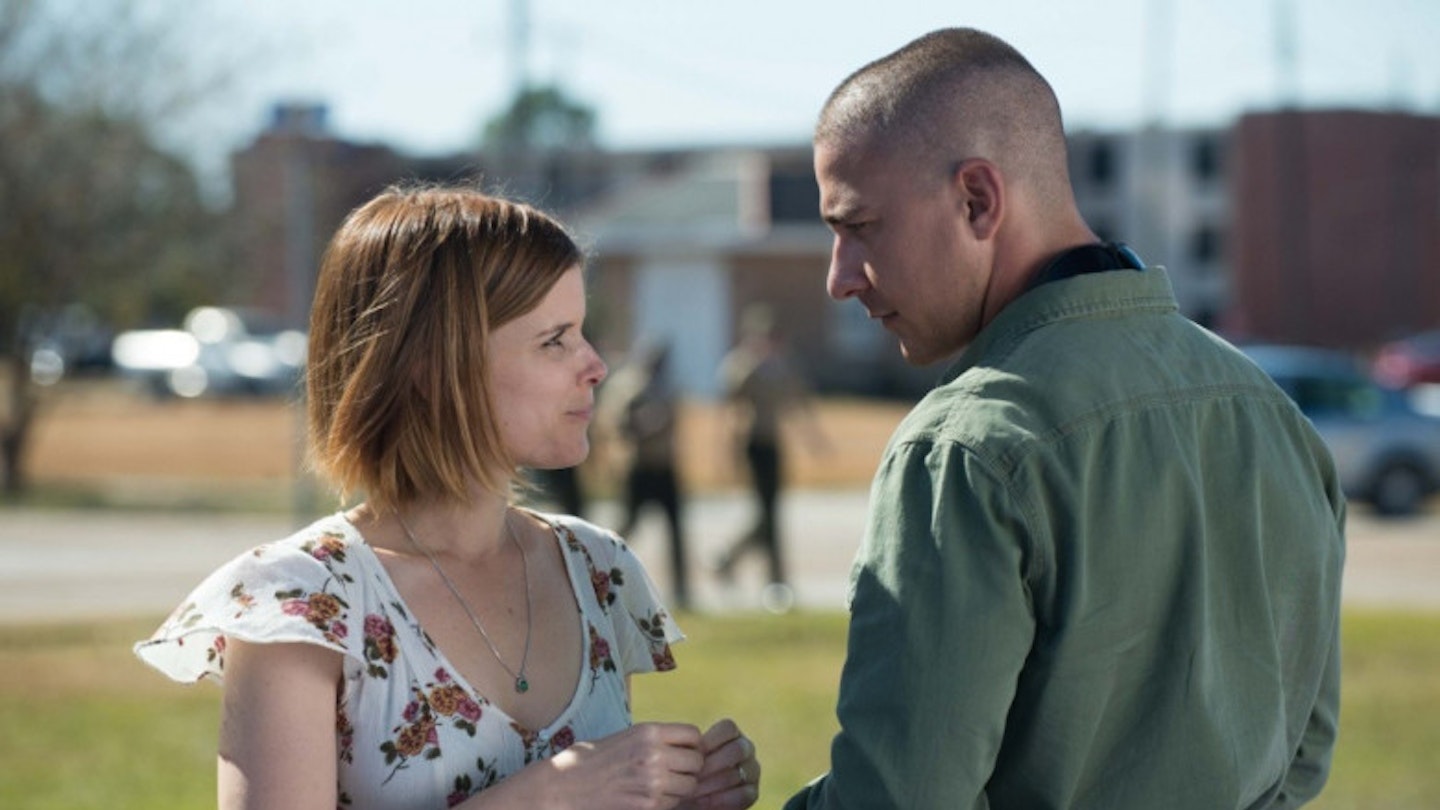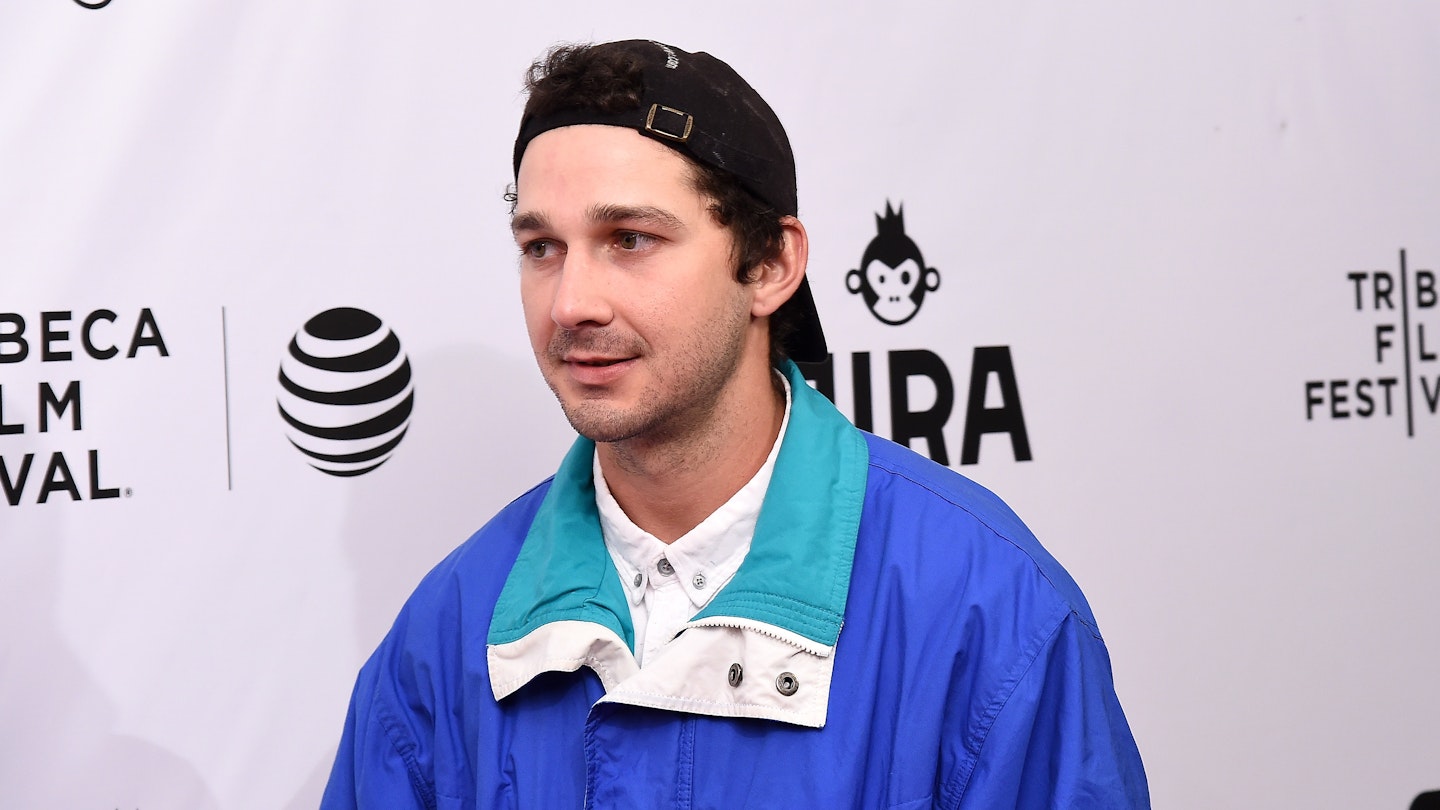In-between the art projects, arrests and Sia videos, Shia Saide LaBeouf is forging a body of work that is quietly as transformative as the McConaissance. Free from the shackles of Michael Bay and D.J. Caruso, his work post-2012 — chiefly Nymphomaniac and American Honey — is bold, wired and compelling. These days, he might not have the franchises on his résumé or the zeroes on his bank balance but he is creating a CV that is as eclectic as it is exciting.
Man Down, released over a year ago in the US, is a mess, but at the very least it’s an interesting mess. Reuniting LaBeouf with director Dito Montiel, who directed the actor in his debut A Guide To Recognizing Your Saints, it is a heartfelt if misguided attempt to showcase the poor treatment of America’s returning war vets. It’s a potent idea — the battles faced by soldiers don’t diminish when they leave the combat zone — but is mired in a dumb lack of finesse (“AMERICA WE HAVE A PROBLEM” screams some graffiti), a now over-familiar trudge through a desolate wasteland (The Road, Fear The Walking Dead) and inappropriate Twilight Zone tricksiness (the Big Reveal). This is all compounded by some shoddy filmmaking, bad CGI landscapes, ho-hum training montages and that rare thing in modern cinema: a forgettable Clint Mansell score.
It's a mess, but at the very least it’s an interesting mess.
The film fumbles three distinct but ambiguous timelines. One follows Marine Gabe Drummer (LaBeouf), leaving his sweet wife Natalie (Kate Mara) and kid (Charlie Shotwell) to go to Afghanistan and back; another sees an intense session with military therapist Peyton (Oldman, representing the film’s sympathetic POV) about a mysterious incident during an Afghan raid; and a third is set in a dystopian future where Drummer and best bud Devin (Jai Courtney), with obligatory big beards, wander an America in ruins, laid to waste by Islamic militants, chemical warfare and DP Shelly Johnson, whose desaturated images here feel like a poor man’s Janusz Kaminski.
Yet rather than create intrigue about how the puzzle fits together, alternating between these story strands confounds and frustrates. It’s difficult to keep track of where Gabe is on his emotional scale and therefore empathy dissipates. Individual scenes are decent — the Afghan raid is effective — but its splintered storytelling and knack of withholding its secrets to manufacture its twist are distancing rather than engaging.
Yet crucially the structure detracts from LaBeouf’s fine work, be it lifting stock father-son bonding scenes with texture and emotion or adding desperation to scavenging for food. It’s acting that is instinctive, displays impressive range and is completely committed, but perhaps suggests there is a gulf between LaBeouf’s talent and taste. His talent is unimpeachable. But, if guided by his taste, the Man Downs could well outnumber the American Honeys. Either way, it will be a fascinating ride.

